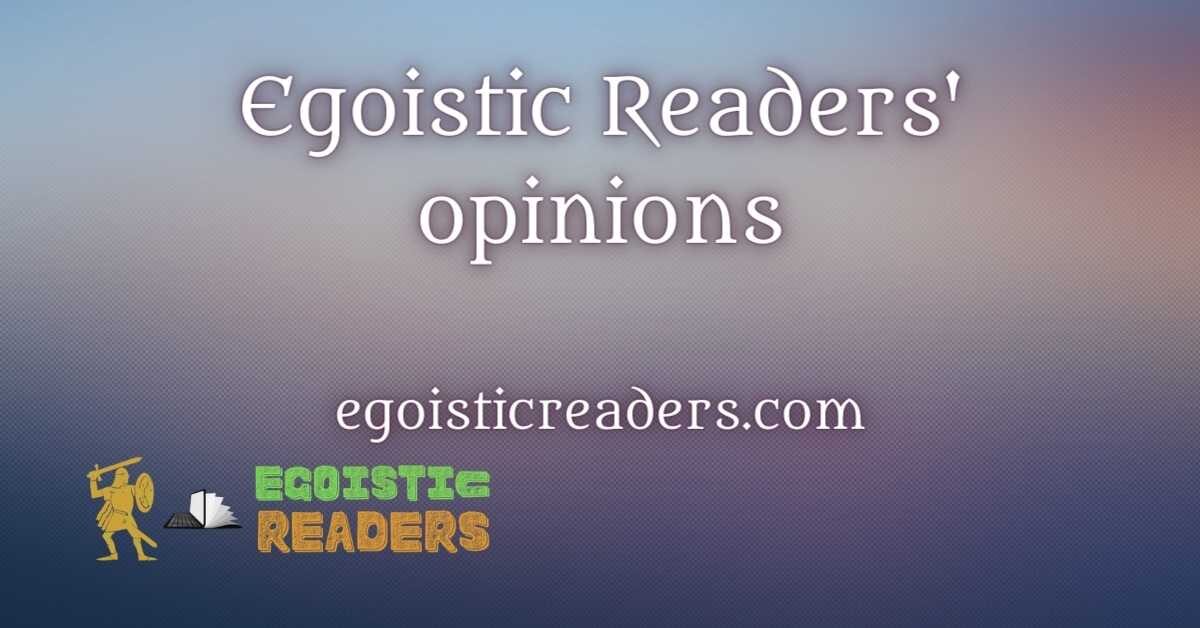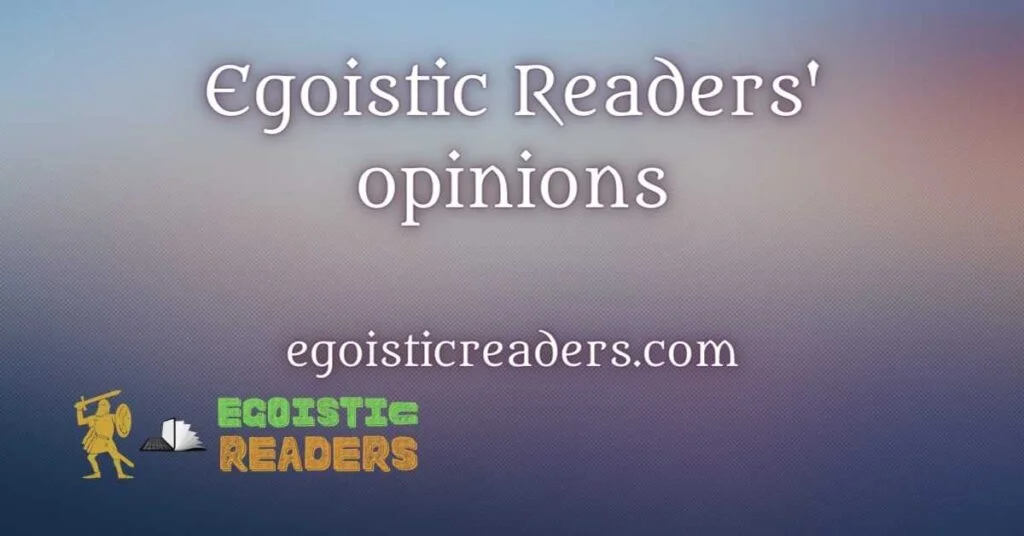If you are a student of literature, in any language, you must agree that in the realm of literature, an intricate and compelling discourse has long persisted, centred around the captivating interplay between drama and the novel. These two distinct genres, each wielding its own arsenal of narrative tools and artistic techniques, ignite fervent debates among literary enthusiasts and scholars alike. As we embark on a journey to dissect the nuances of this intellectual discourse, we find ourselves immersed in a thought-provoking exploration of the contrasting attributes, emotional resonance, and intellectual stimulation that drama and the novel offer to those who engage with them. I am sure this article, perhaps one of the very few of such depth, will interest and entice you and lure you into prolonged sessions of thoughts.
The stage, vibrant with actors’ portrayals and visual nuances, stands in stark contrast to the pages of a novel, where words paint intricate layers of imagery in the reader’s mind. Drama, with its live performances and the immediacy of actors’ expressions, invites the audience into a realm where emotions flow unrestrained, compelling them to share in the characters’ joys and sorrows, moment by moment. In contrast, the novel, through its rich tapestry of prose, embarks on a patient journey, allowing readers to delve deep into the innermost thoughts and motives of characters, fostering a unique brand of intimacy and understanding.
In this article, we shall navigate the multifaceted facets of both drama and the novel, delving into the undeniable allure of each while critically examining their limitations. We shall weigh the merits of drama’s live emotional resonance against the novel’s invitation to conjure vivid worlds within the theatre of the mind. Our exploration will extend to the distinctive societal and cultural spaces these genres inhabit, their historical evolution, and the ways in which they have mirrored and shaped the human experience through the ages.
As we traverse this literary landscape, we invite readers to journey with us, each step unlocking a deeper layer of understanding. Join us as we unpick the intricate threads that weave the fabric of drama and the novel, seeking to answer the perennial question: Which genre wields a more profound and lasting impact upon those who engage with its artistry?
Drama:
In Favour:
1. Immediate Emotional Connection: Drama is performed live on stage or screen, forging an instantaneous emotional bond with the audience. The intensity of emotions conveyed through actors’ performances can be deeply moving and impactful.
2. Visual and Aural Stimulation: Drama utilises visual and aural elements such as costumes, sets, lighting, music, and dialogue delivery to enhance the sensory experience. These elements can create a lasting impact on the audience.
3. Shared Experience: The communal aspect of watching a play or film in a theatre fosters a collective experience among the audience. This shared emotional engagement can be potent, stimulating discussions and reflections post-performance.
4. Dynamic Conflict: The conflict and tension in drama often unravel in real-time, creating an augmented sense of urgency and engagement. The immediacy of conflict resolution or escalation can leave a profound impression.
Against:
1. Limited Imagination: Unlike novels, which encourage readers to visualise and imagine the story world, drama relies on visual and auditory cues provided by the actors and directors. This can constrain individual interpretation.
2. Temporal Limitations: Dramatic performances have a set duration, constraining the depth and breadth of storytelling. Complex narratives or character development might be compromised for the sake of time.
3. Dependence on Interpretation: The impact of a dramatic piece depends on the director’s interpretation, the actors’ performances, and the production’s overall execution. If these elements fall short, the intended impact can be diminished.
Novel:
In Favour:
1. Narrative Depth: Novels allow for extensive exploration of characters, settings, and themes. The internal thoughts and emotions of characters can be detailed, leading to a profound understanding of their psyche.
2. Immersion and Imagination: Novels require readers to actively engage their imagination to visualise the story world. This engagement fosters a personal connection and allows for individual interpretation.
3. Long-lasting Engagement: The immersive nature of novels often results in extended engagement over several reading sessions. This extended exposure allows readers to form a strong bond with the story and characters.
4. Exploration of Themes: Novels provide ample space for in-depth exploration of complex themes, social issues, and philosophical concepts. Characters’ inner conflicts and growth can contribute to profound impacts.
Against:
1. Less Immediate Emotional Impact: Unlike drama, novels don’t offer the immediacy of emotions conveyed through live performances. The emotional impact can be diluted due to the separation between the reader and the text.
2. Sensory Limitations: Novels rely solely on language to convey the narrative. Visual and auditory elements are absent, potentially limiting the sensory experience and emotional resonance.
3. Solitary Experience: Reading a novel is often a solitary endeavour. While this allows for personal reflection, it lacks the communal aspect of shared emotional engagement present in drama.
In conclusion, the debate between drama and the novel hinges on personal preferences and the specific impact one seeks from a literary experience. Drama excels in its immediate emotional connection and visual stimulation, while novels offer deep immersion, individual interpretation, and the exploration of intricate themes. Both genres possess unique strengths, and the “better” or “deeper” impact depends on the preferences and expectations of the reader or audience. As a professor of English literature, recognising and appreciating the merits of both genres can provide valuable insights to your audience, fostering a well-rounded understanding of literary artistry.
Want to read further? Explore these study guides:
What is Drama? How to Study Drama in Literature?
How to Study Novel?
How to Study Poetry?
by Anand for Egoistic Readers




